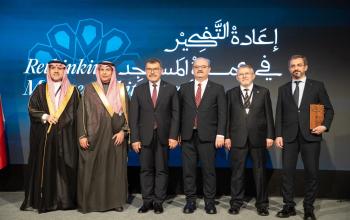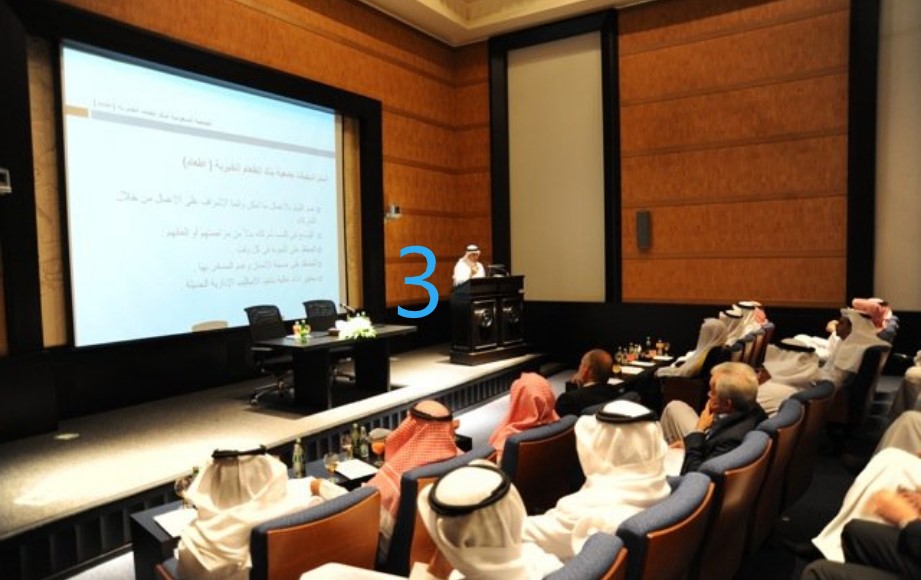AFAC Integrates 21 ASD Children into Public Education

The Abdullatif AlFozan Autism Center (AFAC) celebrated the World Autism Awareness Day at its premises in Al Khobar, Saudi Arabia between the 29th and the 31st of March.
The center marked the occasion with integrating 21 children with autism into public schools and updated its world-class educational curricula.
Khaldoun Al-Mubayyed, the center’s Director of Educational Affairs, said that the center’s marking of the World Autism Awareness Day demonstrates its belief in the necessity of integrating children with autism into public education and the community at large.
The occasion, he pointed out, included an exhibition that purveyed awareness content on autism and the services AFAC offers for children who suffer Autism spectrum disorder (ASD,) such as training for their families, educational guidance and counseling, and field visits for the families, as well as support services.
The event proved to be extremely popular with the community, with a great turnout and enthusiastic involvement on the individual and institutional levels.
In a briefing about the center, inaugurated by the Emir of the Eastern Province in 2020, Mubayyed said that its initial capacity of 200 children is poised to increase to 215 next year.
He also highlighted Saudi Aramco’s sponsorship of the center, saying that the global petroleum giant is a strategic partner to the Ministry of Education, a relationship that proves a model for successful partnerships between the public and private sectors.
He also said that the center regularly updates its curricula in collaboration with outside partners.
Of the 105 children that the center had accommodated in 2020, Mubayyed said, the center was able to integrate 21 into public schools after having offered them 20 classes and 10 services.
That same year, the center offered 10 training programs for families and 13 counseling programs.
Mubayyed explained that the center accommodates children in two age groups: three to five years of age, which is early intervention; and five to nine, which is elementary education. Each class accommodates five children with expert leadership and one-on-one learning and treatment.











